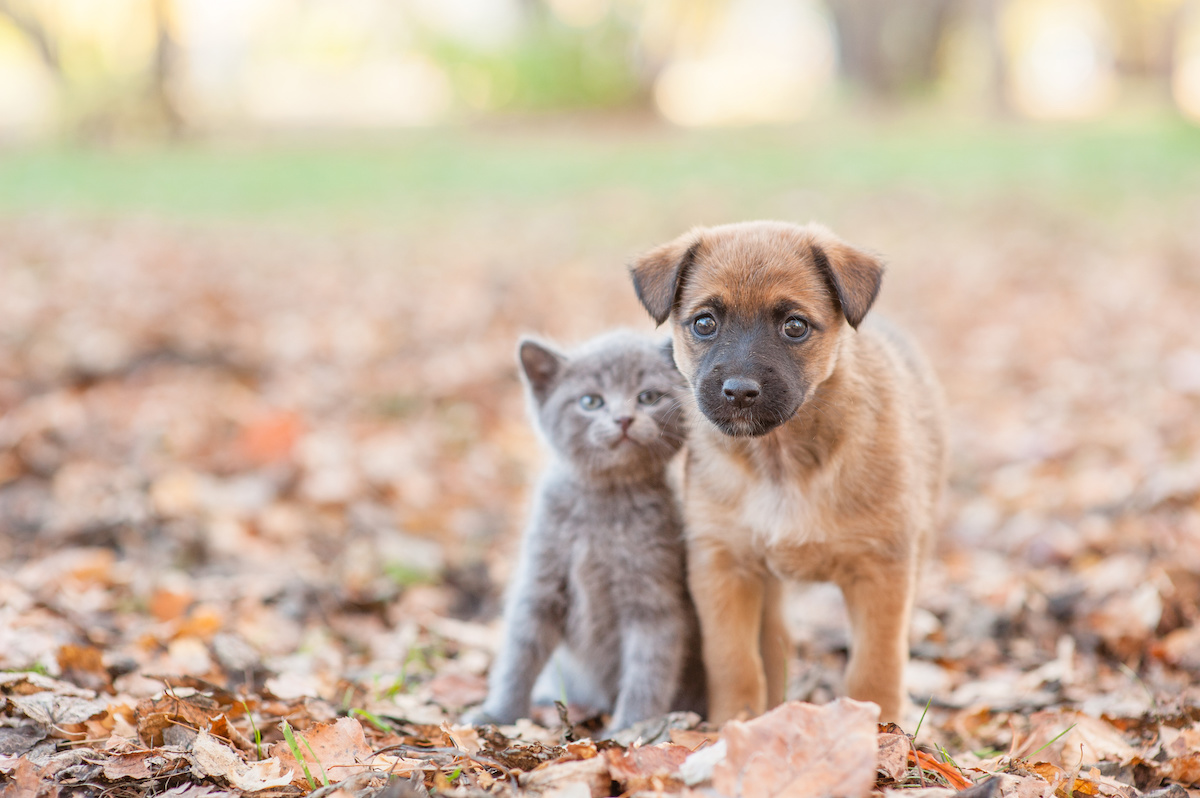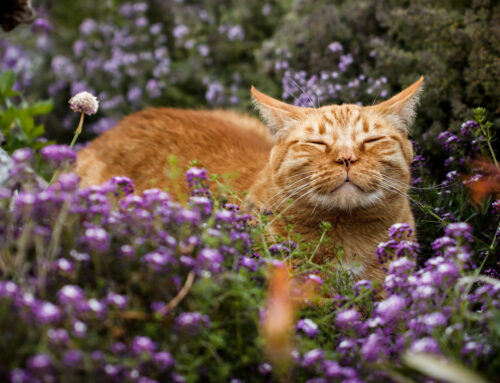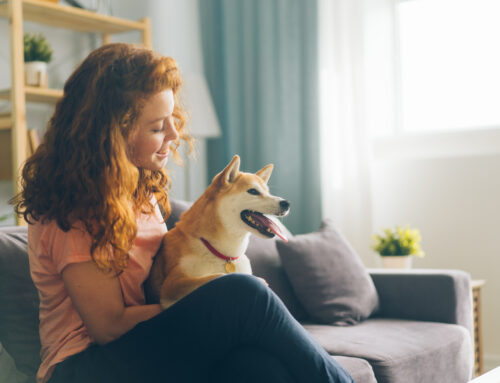Bringing a new puppy or kitten into your home is an exciting and rewarding experience, but it also comes with its fair share of challenges. Training your new pet from a young age is crucial for ensuring a happy, healthy, and well-behaved companion. Whether you’re a first-time pet owner or an experienced one, these training tips for puppies and kittens will help you navigate the early stages of your puppy or kitten’s development.
1. Start Early: The Importance of Early Training
Training should begin as soon as your puppy or kitten comes home. Early training helps to establish good habits and sets the foundation for your pet’s behavior throughout their life. Puppies and kittens are highly impressionable during their first few months, making it the ideal time to teach them basic commands, house manners, and socialization skills.
For puppies, early training typically starts around 8 weeks old. This is the time when they are most open to learning and adapting to new experiences.
For kittens, training can start even earlier, around 6 to 8 weeks old.
2. Establish a Routine
Puppies and kittens thrive on routine. Establishing a consistent schedule for feeding, bathroom breaks, playtime, and training sessions will help your pet understand what is expected of them. A routine also helps to reduce anxiety and makes training more effective.
For puppies, this routine might include regular potty breaks outside or on puppy pads, mealtimes, and designated times for training and play.
For kittens, the routine could involve regular feeding times, litter box training, and interactive play sessions.
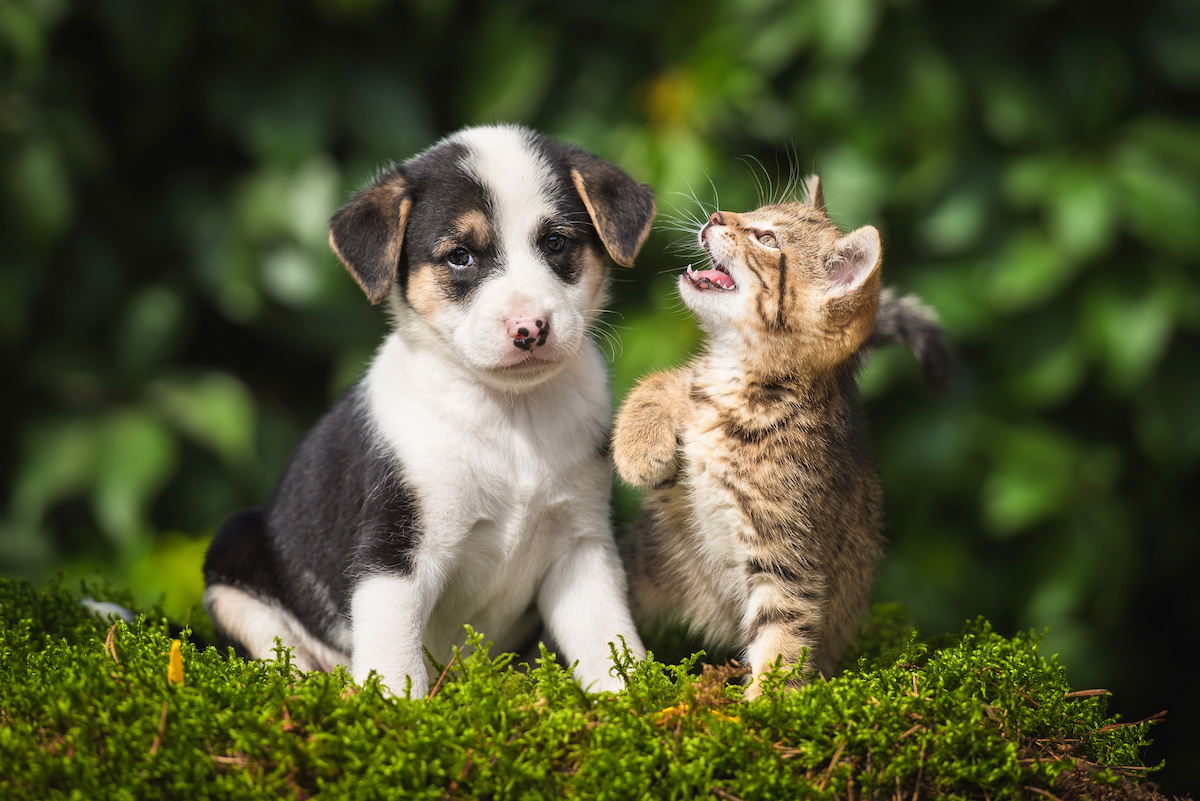
3. Positive Reinforcement
Positive reinforcement is one of the most effective training methods for both puppies and kittens. This involves rewarding your pet with treats, praise, or playtime whenever they exhibit the desired behavior. Positive reinforcement encourages your pet to repeat the behavior, making training more successful and enjoyable.
For example, when your puppy sits on command or your kitten uses the litter box, immediately reward them with a treat or affection. The key is to reward them consistently and immediately after the desired behavior, so they make the connection between their actions and the reward.
4. Socialization is Key
Socialization is critical for puppies and kittens to become well-adjusted adults. Socialization involves exposing your pet to different people, animals, environments, and experiences in a controlled and positive way. The goal is to help your pet feel comfortable and confident in a variety of situations.
For puppies, socialization might include:
- Introducing them to other dogs
- Taking them for walks in different environments
- Exposing them to various sounds and sights
For kittens, socialization could involve:
- Meeting new people
- Experiencing different rooms in the house
- Gentle handling
It’s important to start socialization early and to introduce new experiences gradually. Always make sure that these experiences are positive and not overwhelming for your pet.
5. Crate Training for Puppies
Crate training is a valuable tool for puppy training. A crate provides a safe and secure space for your puppy and can help with:
- House training
- Preventing destructive behavior
- Giving your puppy a place to relax
When introducing your puppy to a crate, make it a positive experience. Start by placing treats or toys inside the crate to encourage your puppy to explore it. Gradually increase the time your puppy spends in the crate, always rewarding them for calm and quiet behavior.
It’s important to never use the crate as a punishment. The goal is for your puppy to view the crate as a safe and comfortable place, not a place of isolation.
6. Litter Box Training for Kittens
Litter box training is usually straightforward with kittens, as they have a natural instinct to bury their waste. However, it’s important to set your kitten up for success by providing a clean, easily accessible litter box in a quiet location.
To encourage your kitten to use the litter box, gently place them in it after meals, naps, and playtime. If your kitten uses the litter box, then reward them with praise or a treat. If accidents happen outside the box, then clean the area thoroughly to remove any scent and avoid scolding your kitten, as this can create anxiety.
Regularly clean the litter box and ensure it’s the right size and type for your kitten. Some kittens may prefer a certain type of litter, so be open to trying different options if needed.
7. Basic Commands for Puppies
Teaching your puppy basic commands is essential for their safety and your peace of mind. Commands like “sit,” “stay,” “come,” and “leave it” are fundamental and can be lifesaving in certain situations.
Start with simple commands like “sit.” Hold a treat close to your puppy’s nose, then move your hand up, causing your puppy to sit as they follow the treat. Once they are sitting, say “sit” and give them the treat. Repeat this several times a day in short, 5-minute sessions.
Consistency and patience are key when teaching commands. Always use the same word for each command and reward your puppy every time they get it right.
8. Interactive Play and Mental Stimulation
Both puppies and kittens need plenty of physical exercise and mental stimulation to stay healthy and happy. Interactive play is a great way to bond with your pet while also providing them with the mental and physical activity they need.
For puppies, toys like balls, chew toys, and tug ropes are excellent for interactive play. For kittens, toys that mimic prey, such as feather wands or laser pointers, can provide hours of entertainment and exercise.
In addition to playtime, puzzle toys and treat-dispensing toys are great for mental stimulation. These toys challenge your pet to think and problem-solve, which can help prevent boredom and destructive behavior.
9. Avoid Punishment-Based Training
Punishment-based training, such as yelling, scolding, or physical punishment, is not recommended for puppies or kittens. This type of training can create fear, anxiety, and aggression in your pet, and it can damage the bond between you.
Instead of punishment, focus on redirecting unwanted behavior and reinforcing positive behavior. For example, if your puppy is chewing on something they shouldn’t, gently redirect them to a chew toy and reward them when they chew on the appropriate item.
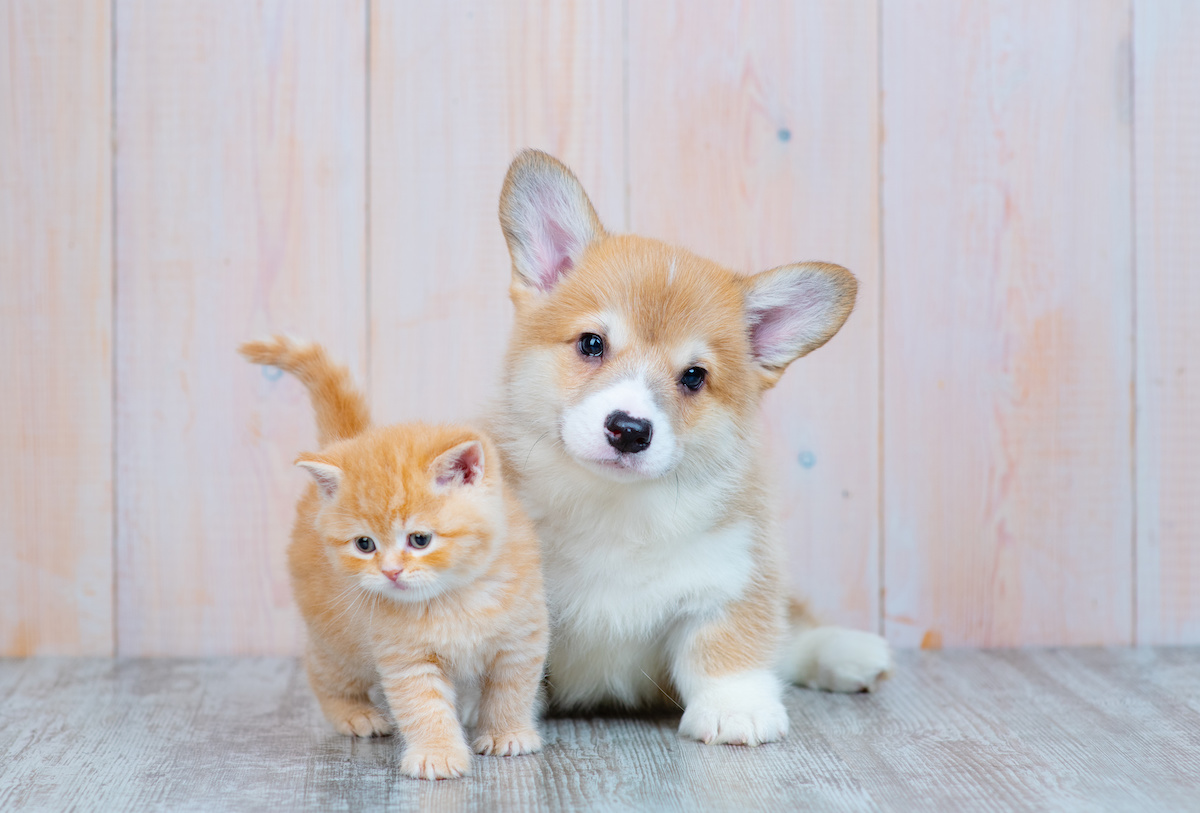
10. Patience and Consistency
Training a puppy or kitten takes time, patience, and consistency. It’s important to remember that your new pet is learning and adapting to their new environment, so mistakes and accidents will happen.
Stay calm and patient during the training process. Consistency is key, so make sure everyone in the household is using the same commands and training methods. Celebrate small victories and progress, and keep training sessions short and positive.
11. When to Seek Professional Help
While many training issues can be addressed at home, there are times when professional help may be needed. If your puppy or kitten is showing signs of severe anxiety, aggression, or other behavioral issues, it’s important to consult with a professional trainer or veterinarian.
Professional trainers can provide guidance and support for specific training challenges, and they can help you develop a customized training plan for your pet.
Why Choose Animal Care Center for Your Pet’s Needs?
Training your puppy or kitten is a rewarding journey that sets the stage for a lifetime of companionship and love. However, we understand that it can also be overwhelming, especially for first-time pet owners. At Animal Care Center, we’re here to support you every step of the way.
Our team of experienced veterinarians and staff is dedicated to helping you raise a healthy, happy, and well-behaved pet. We offer a range of services, including puppy and kitten wellness exams, behavioral consultations, and training resources to ensure that your new furry friend gets the best start in life.
We know that every pet is unique, which is why we take the time to understand your pet’s individual needs and provide personalized care. Whether you’re looking for advice on training, health care, or nutrition, our team is here to help.
Choosing Animal Care Center means choosing a partner in your pet’s health and happiness. We’re committed to providing the highest quality care and support for you and your pet. So, if you’re ready to embark on the journey of training your new puppy or kitten, let us be part of your pet’s story.
Contact us today to schedule an appointment and learn more about how we can help you with all aspects of pet care and training. Together, we can ensure that your puppy or kitten grows into a well-behaved, healthy, and happy member of your family.

